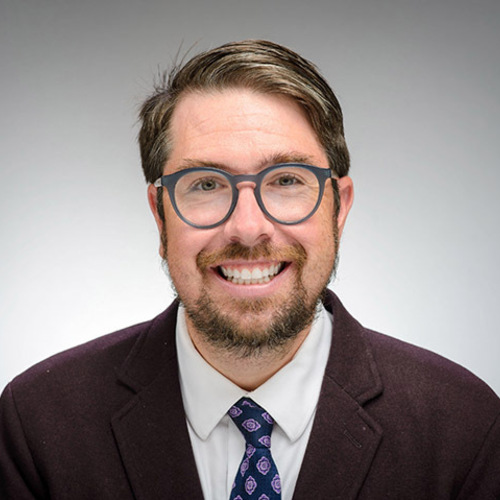The Art of Catechesis
Next Session: Oct 21, 2024
When we hear the word catechesis, we often think about the teaching of religion within a classroom setting. But is this the only task of this ministry? In this course, we explore the richness of catechesis within the Church. Catechesis participates in the Church’s mission of evangelizing, enabling the richness of the Word of God to echo in our day. Tasks of catechesis are not limited to the teaching of Christian doctrine but include liturgical, moral, and spiritual formation. Students in this course will discover the richness of catechesis as a ministry, while developing a method for catechesis appropriate to a 21st century audience in the United States.
Course Goals
- Understand key concepts in the field of catechesis including evangelization, divine Revelation, the tasks of catechesis, the divine pedagogy, and the sources of catechesis.
- Discover major historical moments in the history of catechesis, situating the current ministry in the Tradition of the Church.
- Study the historical-social context of catechesis in the United States.
- Develop a method for engaging in the art of catechesis appropriate to a 21st century context, grounded in the work of Luigi Giussani.
- Articulate a personalized philosophy of catechesis, drawn from the Tradition, that will guide future ministry in the field.
Course Content
Unit 1: Catechesis, Evangelization, and Divine Revelation
Unit 2: The History of Catechesis
Unit 3: The Social and Cultural Context of Catechesis
Unit 4: Catechesis Across the Lifecycle
Unit 5: A Method for Catechesis—the Work of Luigi Giussani
Unit 6: The Vocation of the Catechist
Course Format
- Weekly course lectures delivered through video.
- Seven weeks in duration, with one week for orientation.
- Typically 15-20 students in each course.
- Supplemental readings are provided to encourage further exploration of topic, internet links provided for all readings.
- Written assignments (200-250 words) required.
- Facilitator-moderated Zoom sessions with students in the course.
Participation Requirements
- View the lecture for each unit.
- Read assigned texts; keep notes, questions, and comments for class discussion.
- Participate in the class discussion using the Forums area: post at least 2 comments, questions, or responses per unit.
- Respond to the assignment in each unit.
- Participate in at least 4 scheduled Zoom sessions throughout the course.
- Complete the course evaluation.
Time Expectations
4 to 6 hours per week, depending on your learning style and schedule.
Course Certificate
A certificate of completion awarding 35 contact hours will be sent upon completion of all course requirements.

Dr. Timothy O'Malley
Timothy P. O'Malley is the director of education at the McGrath Institute for Church Life and academic director of the Notre Dame Center for Liturgy. He holds a concurrent appointment in the Department of Theology at the University of Notre Dame.
He received his undergraduate degree at the University of Notre Dame majoring in theology and philosophy. His M.T.S. is in liturgical studies also from the University of Notre Dame. And he completed a doctorate at Boston College in theology and education, focusing on an Augustinian approach to liturgical formation.
He researches and teaches at Notre Dame in the areas of liturgical-sacramental theology, marriage and family, catechesis, and spirituality. He is the author of a number of books, most recently Off the Hook: God, Love, Dating, and Marriage in a Hookup World (Ave Maria Press, 2018) and Lift Up Your Hearts: Liturgical Formation in the RCIA (Liturgical Press, 2019). He is currently working on a multi-volume work on the history of liturgical formation beginning with St. Augustine.
Dr. O'Malley is married and has two children. He is originally from Knoxville, TN.